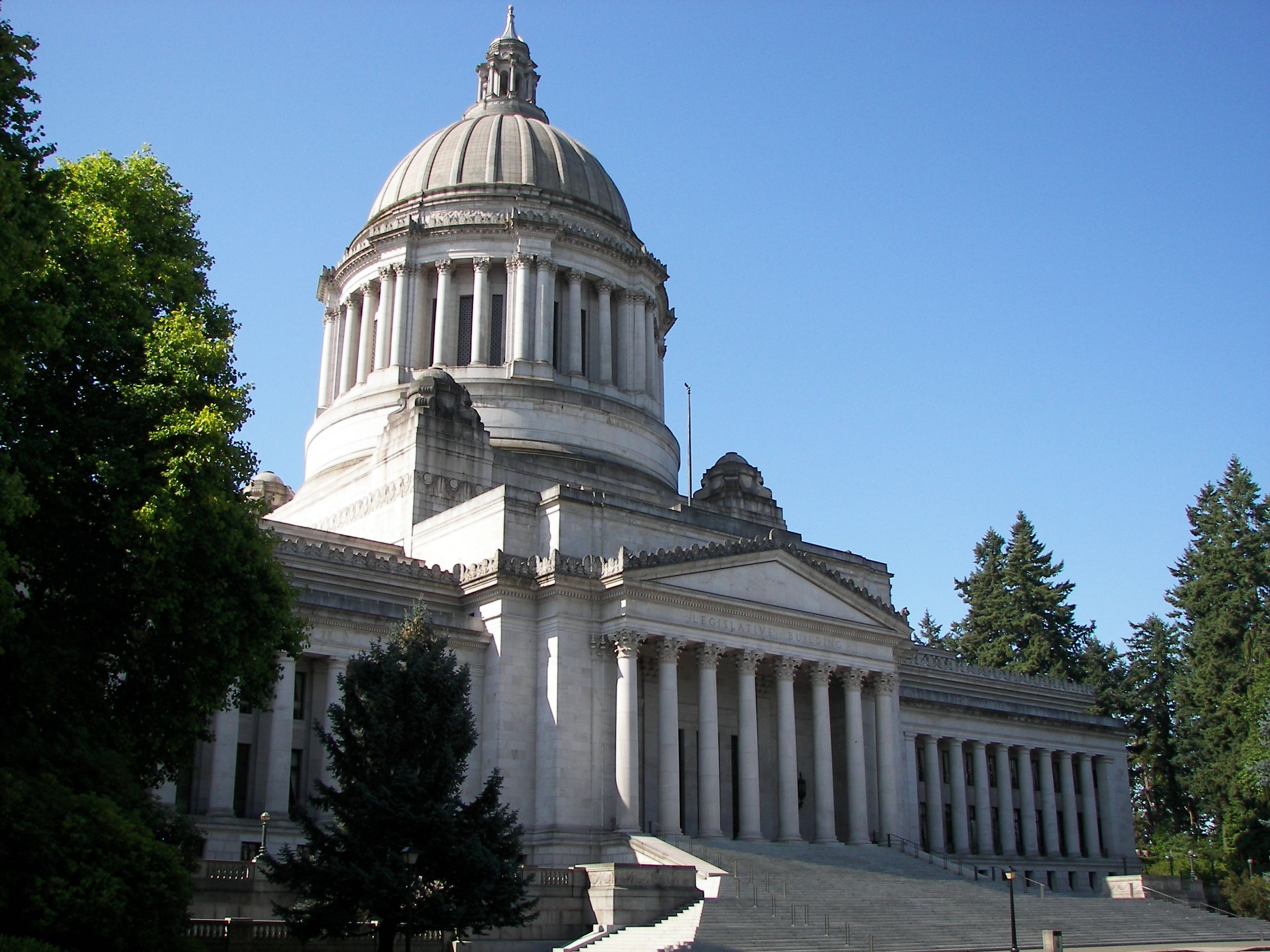Some lawmakers claim SB 5909 is meaningful emergency powers reform but based on the public hearing yesterday, the public can see clearly through that charade. As reported by the Center Square:
“Officials reported that 16 people signed in to testify on SB 5909, and 802 signed in not to testify. Those in support of the bill numbered three to testify and 53 not to testify. Those against the legislation numbered seven to testify and 744 not to testify.”
This is in stark contrast to the nearly 5,300 people who signed-in favorably before the same committee on January 31 for the real emergency powers reform proposed by HB 1772. The committee did not vote on HB 1772 despite the massive public support expressed.

State editorial pages also know that SB 5909 isn’t real emergency powers reform. Here are some of the editorials from the last few days:
- Tri-City Herald (reprinted in Tacoma News Tribune): “Don’t be fooled. Bill by WA Senate Dems does little to contain Inslee’s emergency powers . . . This present situation undermines the checks-and-balance system we rely on to ensure that one branch of government does not become more powerful than the others. For nearly two years the Legislature has been sidelined while Inslee managed the state’s COVID response by himself. It’s a lopsided system that needs real reform — not window dressing.”
- Walla Walla Union-Bulletin: “Bill on emergency power limits ineffective . . . If it’s going to bring balance back to our government and increase accountability and oversight of long-lasting executive actions, SB 5909 needs more work.”
- Vancouver Columbian: “Strong legislation needed to curb governor power . . . Ideally, Washington will settle on a system that allows a governor to declare an emergency but requires the Legislature to renew that emergency. To lead us to that place, legislators must stand up and exert their power.”
Political commentator Brandi Kruse also did a great job explaining why SB 5909 as passed the Senate isn’t real emergency powers reform:
Harmonizing the existing law so that both waiving of statute and restrictive proclamations expire after 30 days unless the legislature votes to continue should not be controversial. There is no logical reason to treat those emergency actions by the Governor differently.
Requiring affirmative legislative approval after a set point in time removes not a single tool from the Governor’s toolbox. All existing authority remains, the only change is that the closed-door policymaking is required to be justified to the people’s legislative branch of government to continue a policy (i.e., the separations of power and checks and balances envisioned and promised under our republican form of government).
The Governor should not fear being required to make the case to lawmakers why a particular emergency restriction is appropriate to continue, and the legislature should not hide from its constitutional responsibility to debate and adopt policy.
Additional Information
Senate adopts emergency powers reform in name only
WPC emergency powers reform testimony






